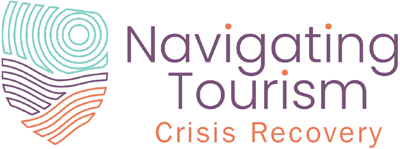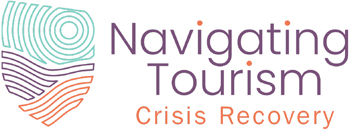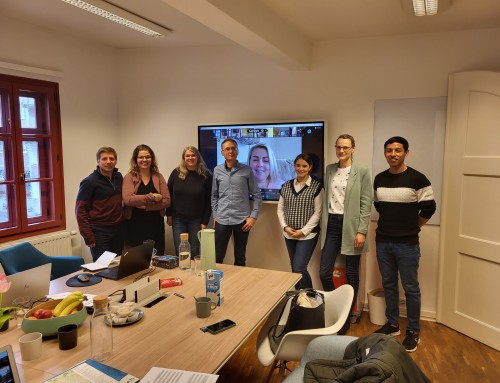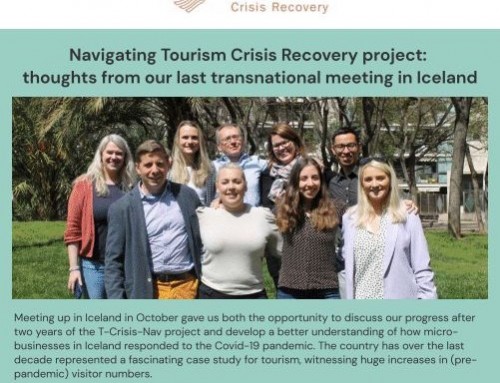The future of businesses in the tourism industry
An international program focuses on supporting and training tourism businesses when reacting to crises.
The Navigating Tourism Crisis Recovery project, co-financed by the Erasmus + Program of the European Union, is led by the University of the Highlands and Islands of Scotland and has the participation of FUNIBER. The initiative enables higher education institutions to assist businesses to evolve in crisis situations. This project focuses on small and medium-sized enterprises and future business owners in the tourism industry so that they can acquire the adaptive skills to maintain success even in unexpected circumstances.
Tourism in Europe is beginning to become normal again as more of the population in Europe is getting vaccinated. There are many countries such as the United Kingdom and the United States with high vaccination rates that provide a large portion of the tourism industry with business opportunities throughout the year. The situation is constantly changing both from a public health viewpoint and from government regulations. The program wants to assist SMEs successfully bounce back from this crisis and quickly be able to stabilize their business in the event of future crises.
During an exclusive interview with Chiara Gai, Director of Innovation at Escola Superior d’Hostaleria de Barcelona, she says that vaccines will change the tourism industry for the better. While vaccination rates are increasing in Europe, the future for European tourism is still very uncertain. She is hopeful that as vaccination rates increase so will the amount of tourists that Europe will soon see as people become more comfortable with traveling and as government regulations ease. Earlier this summer, the European Union announced travel restrictions for vaccinated foreigners and visitors from certain countries would be eased or eliminated.
According to the World Travel and Tourism Council, tourism makes up over 10% of the world’s GDP. Some countries, such as Italy and Spain, rely heavily on tourism because it contributes even more than the global average to their countries´economy. Tourism also supports over 330 million jobs worldwide, which are at risk with the sharp decrease in international and domestic travel.
Studies are still being conducted to understand just how drastically the ongoing pandemic impacted the economies of individual countries and the world as a whole. However, many SMEs in the tourism sector are continuing to learn and share knowledge about how to keep travelers and workers safe while resuming their business operations. Eduardo Santander, Executive Director of the European Travel Commission, said, ¨Following a gloomy 12 months, we finally have reasons to be more optimistic about summer 2021. The rollout of vaccination programs in Europe, although hampered by some hurdles, has proven its effectiveness in stopping COVID-19 infection rates.¨
There are 6 organizations that are working together to bring their unique skill sets and knowledge to the table for this program. The organizations are: the University of the Highlands and Islands, Momentum, the European E-Learning Institute, the Vision Works, the University of Akureyri, and FUNIBER.
Sources:
European Travel Commision´s response to COVID-19
Travel and Tourism Economic Impacts
EU agrees to open doors to vaccinated foreigners





